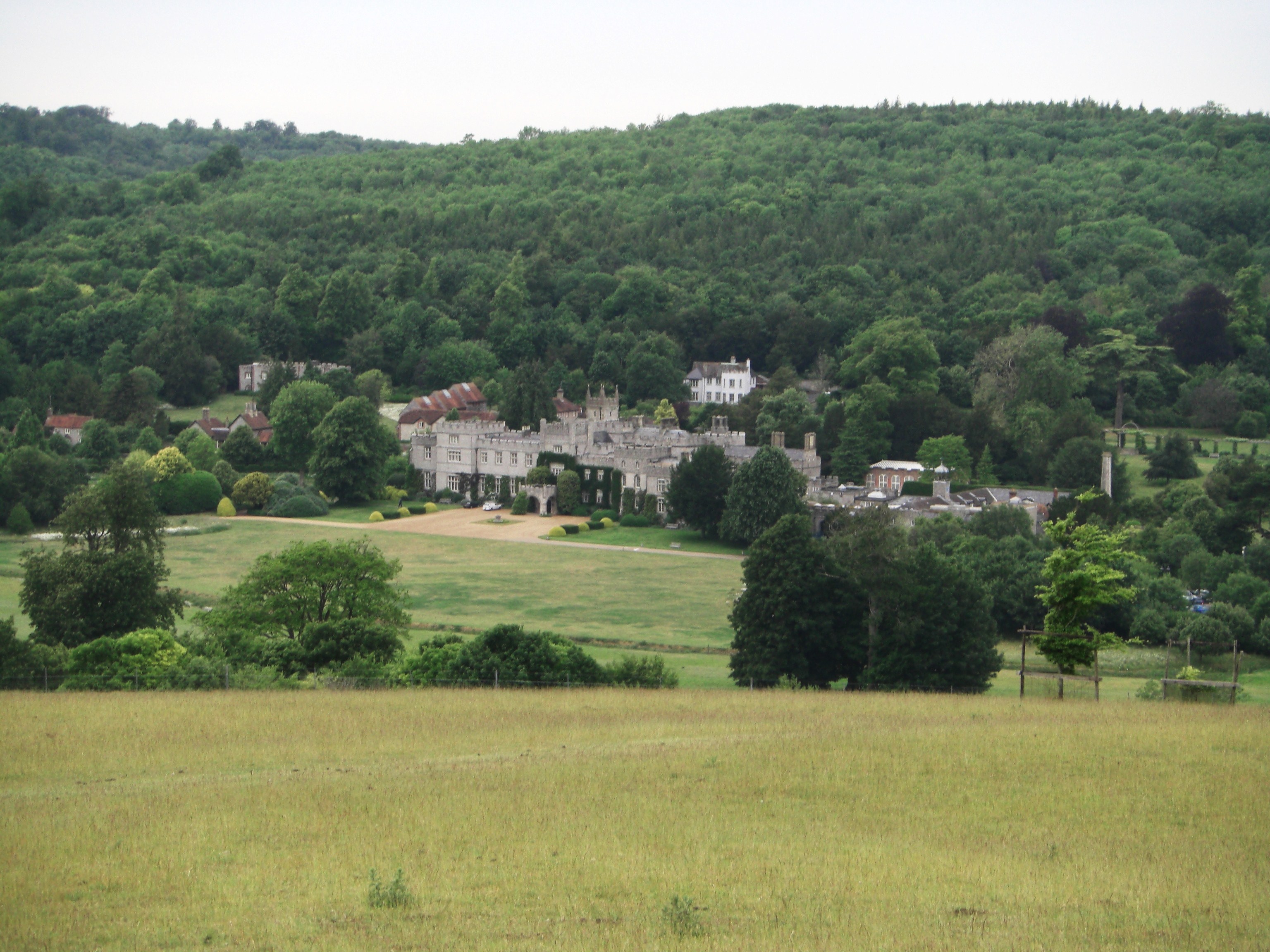Richard Lewknor (1542–1616) on:
[Wikipedia]
[Google]
[Amazon]
Sir Richard Lewknor (bapt. 14 March 1541 – 6 April 1616) of Downeley, West Dean,  He was the son of Edmund Lewknor of Tangmere, Sussex and the brother of Thomas Lewknor, MP. He was educated at the
He was the son of Edmund Lewknor of Tangmere, Sussex and the brother of Thomas Lewknor, MP. He was educated at the
''West Dean'', A History of the County of Sussex: Volume 4: The Rape of Chichester (1953), pp. 97-101. Date accessed: 18 January 2011.
/ref>
Sussex
Sussex (), from the Old English (), is a historic county in South East England that was formerly an independent medieval Anglo-Saxon kingdom. It is bounded to the west by Hampshire, north by Surrey, northeast by Kent, south by the English ...
, was an English politician.
Middle Temple
The Honourable Society of the Middle Temple, commonly known simply as Middle Temple, is one of the four Inns of Court exclusively entitled to call their members to the English Bar as barristers, the others being the Inner Temple, Gray's Inn an ...
and there called to the bar
The call to the bar is a legal term of art in most common law jurisdictions where persons must be qualified to be allowed to argue in court on behalf of another party and are then said to have been "called to the bar" or to have received "call to ...
.
Career
He was made abencher
A bencher or Master of the Bench is a senior member of an Inn of Court in England and Wales or the Inns of Court in Northern Ireland, or the Honorable Society of King's Inns in Ireland. Benchers hold office for life once elected. A bencher can ...
in 1581 and sergeant-at-law
A Serjeant-at-Law (SL), commonly known simply as a Serjeant, was a member of an order of barristers at the English and Irish Bar. The position of Serjeant-at-Law (''servientes ad legem''), or Sergeant-Counter, was centuries old; there are wri ...
in 1594. He was appointed Recorder of Chichester from 1588 to 1590 and a judge on the Chester circuit in 1589, where he was promoted to be Chief Justice of Chester
The Justice of Chester was the chief judicial authority for the county palatine of Chester, from the establishment of the county until the abolition of the Great Sessions in Wales and the palatine judicature in 1830.
Within the County Palatine (w ...
in 1603, a position he held until his death. As a judge he was impartial although a staunch Catholic, even sentencing four Catholic priests to death. He also held a number of public commissions during his career and was knighted in 1600.
He was elected Member
Member may refer to:
* Military jury, referred to as "Members" in military jargon
* Element (mathematics), an object that belongs to a mathematical set
* In object-oriented programming, a member of a class
** Field (computer science), entries in ...
(MP) of the Parliament of England
The Parliament of England was the legislature of the Kingdom of England from the 13th century until 1707 when it was replaced by the Parliament of Great Britain. Parliament evolved from the great council of bishops and peers that advised t ...
for Chichester
Chichester () is a cathedral city and civil parish in West Sussex, England.OS Explorer map 120: Chichester, South Harting and Selsey Scale: 1:25 000. Publisher:Ordnance Survey – Southampton B2 edition. Publishing Date:2009. It is the only ci ...
in 1572, 1584, 1586, 1589, 1593 and 1597. In Parliament he sat on a number of committees.
He moved to Wales after his appointment as Chief Justice of Chester and effectively ran the country for some time between the death in 1601 of Henry Herbert, 2nd Earl of Pembroke
Henry Herbert, 2nd Earl of Pembroke, KG, KB (in or after 153819 January 1601) was a Welsh nobleman, peer and politician of the Elizabethan era. He was the nephew of Catherine Parr, and brother-in-law of Lady Jane Grey, through his first wif ...
, the Lord President of Wales
The Court of the Council in the Dominion and Principality of Wales, and the Marches of the same, commonly called the Council of Wales and the Marches () or the Council of the Marches, was a regional administrative body based in Ludlow Castle wi ...
and the arrival of the new Lord President, Lord Zouch, in 1602.
Private life
He married twice. From his first marriage he had two sons, Thomas Lewknor who died without issue and Richard Lewknor of West Dean in Sussex who married Eleanor, daughter of Sir Christopher Brome ofHolton, Oxfordshire
Holton is a village and civil parish in South Oxfordshire about east of Oxford. The parish is bounded to the southeast by the River Thame, to the east and north by the Thame's tributary Holton Brook, to the south by London Road and to the west ...
. Through his son Richard he was the grandfather of Richard Lewknor
Richard Lewknor (c. 1589 – 27 May 1635) was an English politician who sat in the House of Commons between 1621 and 1629.
Lewknor was the son of Richard Lewknor, of West Dean, Sussex, and Eleanor, daughter of Sir Christopher Brome of Holton, ...
and Christopher Lewknor, both also Members of Parliament.
After his first wife's death he married Margaret, the daughter of Thomas Atkins of London and widow of both Thomas Hughes, the royal physician and Stephen Hadnall of Lancelevy, Hampshire.
He was a second cousin of Jane Lewknor.
In 1589, he bought the manor of West Dean, which was left to his grandson Richard Lewknor at his death in 1616./ref>
References
{{DEFAULTSORT:Lewknor, Richard 1541 births 1616 deaths People from West Dean, West Sussex Members of the Middle Temple 16th-century English judges Knights Bachelor English MPs 1572–1583 English MPs 1584–1585 English MPs 1586–1587 English MPs 1589 English MPs 1593 English MPs 1597–1598 17th-century English judges